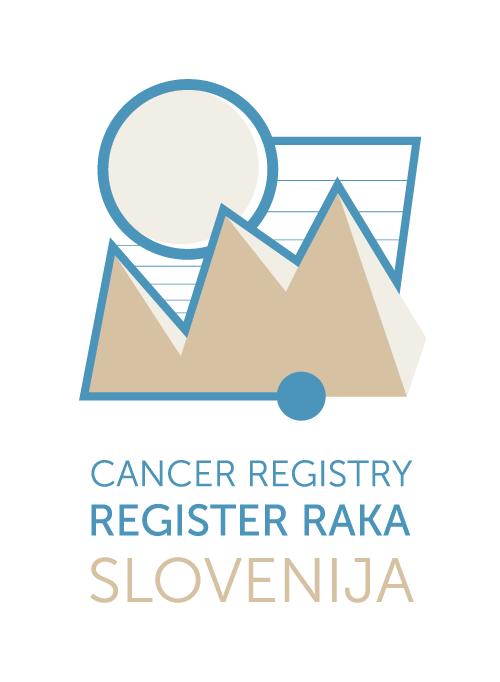Collection of data on cancer in Slovenia
Cancer is not a single disease but rather a few hundreds of different disorders that may originate from in all tissues and organs of the human body. They differ with respect to their frequency, mode of treatment and outcome, as well as to more or less known risk factors. Among risk factors, the most important are those resulting from unhealthy lifestyles that are the result of personal decisions but also the social environment where people live and public health measures that are available to them. The most important factor contributing to the increasing number of new cancer cases is the natural ageing of the population. As the population's life expectancy is increasing and the more numerous after-war generation has reached an age when the occurrence of cancer is more frequent, it may be expected that the burden of this disease in our country will further increase.
Political and economic changes witnessed in the last decade of the previous century have influenced the population's lifestyle as well as the organization of the healthcare. The latency period in cancer being generally longer than 20 years, it may be expected that many consequences of these changes will become apparent only in the future. Cancer is thus an important public health, social and economic problem of modern society that will deserve more and more attention. The effectiveness and efficiency of the endeavours of health policy and healthcare services as regards cancer control can be objectively evaluated only by means of relevant data on cancer burden and its changes with time.
National Institute of Public Health
National Institute of Public Health (NIJZ) is the major national institution for investigation and protection of health as well as for increasing the level of health of population of Slovenia. Its professional area covers all public health fields from laboratory activities to health promotion and mental hygiene.
An important field of activities is collection of data and management of health statistical databases. Mortality data and data on causes of death are one of the most important public health statistics, used as a rough measure of the health of population and its different groups. They are collected in the database NIJZ 46: Medical death certificate.
Registration of causes of death is a well developed and standardised system of collection of public health data that are available for most European countries. As data are gathered and analysed according to uniform methodology, they are comparable for all countries.




